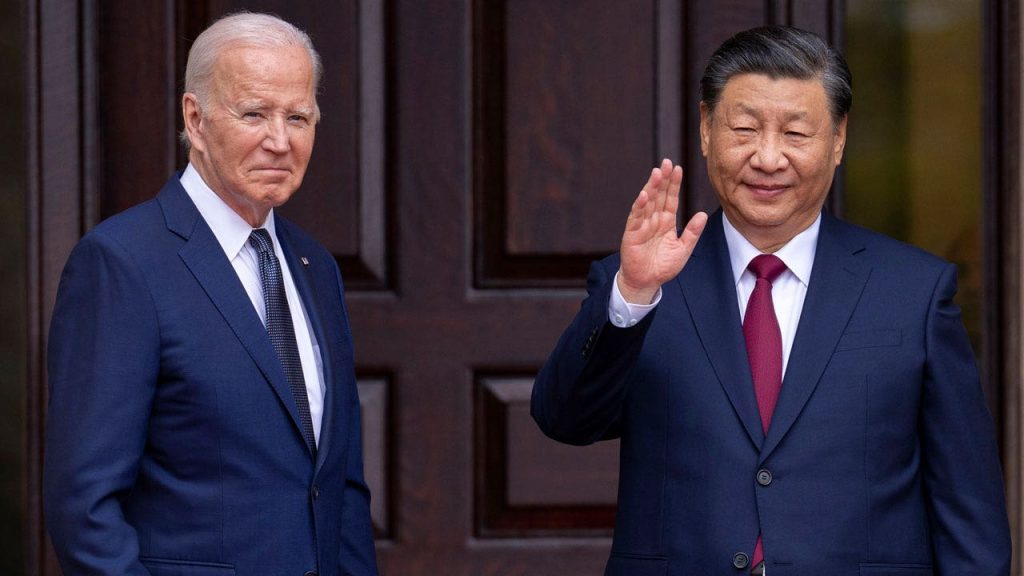The United States has condemned Hong Kong’s new national security law as a means to potentially suppress dissent both domestically and internationally. However, Washington’s response has been relatively subdued, with the U.S. issuing visa restrictions on some Hong Kong officials but not taking further action. The U.S. response contrasts with its actions in 2020, when it imposed sanctions on the city’s top officials and revoked its preferential trading status after Beijing implemented national security restrictions to quell protests. The new law, known as Article 23, expands Hong Kong’s authority to target alleged spies and dissidents globally, prompting concerns from analysts and activists.
The State Department has refrained from previewing or commenting on additional potential measures but stated that all options are being considered. Analysts speculate that the Biden administration may be hesitant to strain relations with China during an election year, especially since the impact of the law may take time to materialize, and any retaliatory U.S. actions are unlikely to yield substantial changes. There is a perception among U.S. policymakers that China’s control over Hong Kong is now irreversible, making Washington cautious about provoking Beijing.
The vague language of the new law raises concerns about its interpretation and implementation, potentially undermining Hong Kong’s reputation as a secure hub for international business transactions. Some experts believe that the U.S. may be waiting to gauge the law’s effects rather than solely responding to its enactment. The Biden administration’s approach appears to prioritize preserving the delicate U.S.-China relationship, which has recently stabilized, to prevent further deterioration ahead of the election, as noted by a Washington-based think tank.
The U.S. and Beijing discussed Hong Kong and the new law during a phone call between President Joe Biden and Chinese President Xi Jinping, where Xi defended the law as crucial for national security and dismissed U.S. interference. Congressional bills proposing measures such as revoking Hong Kong’s trade office privileges in the U.S. and sanctioning officials undermining civil liberties have not progressed. Advocacy groups have criticized the Biden administration for what they view as an inadequate response and are calling for harsher sanctions on Hong Kong officials responsible for the crackdown.
While the U.S. government has yet to take significant action, some believe that private sector decisions, such as American companies scaling back operations in Hong Kong due to safety concerns, could have a more substantial impact on Beijing’s strategies. The U.S. may be waiting for the outcome of the trial against media tycoon Jimmy Lai, a prominent figure in a national security case, before considering further action. If Lai receives a lengthy prison sentence, the U.S. government may face pressure to respond more assertively. Overall, the response to Hong Kong’s national security law highlights the challenges of balancing diplomatic relations with China while addressing human rights concerns in the region.


